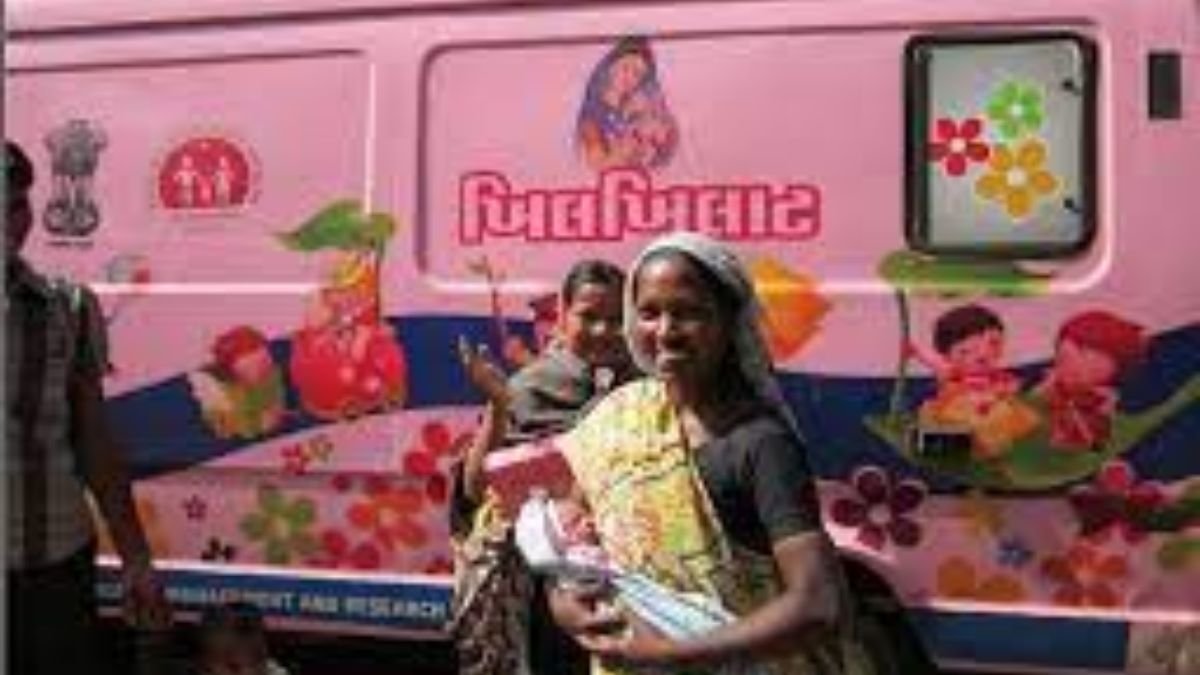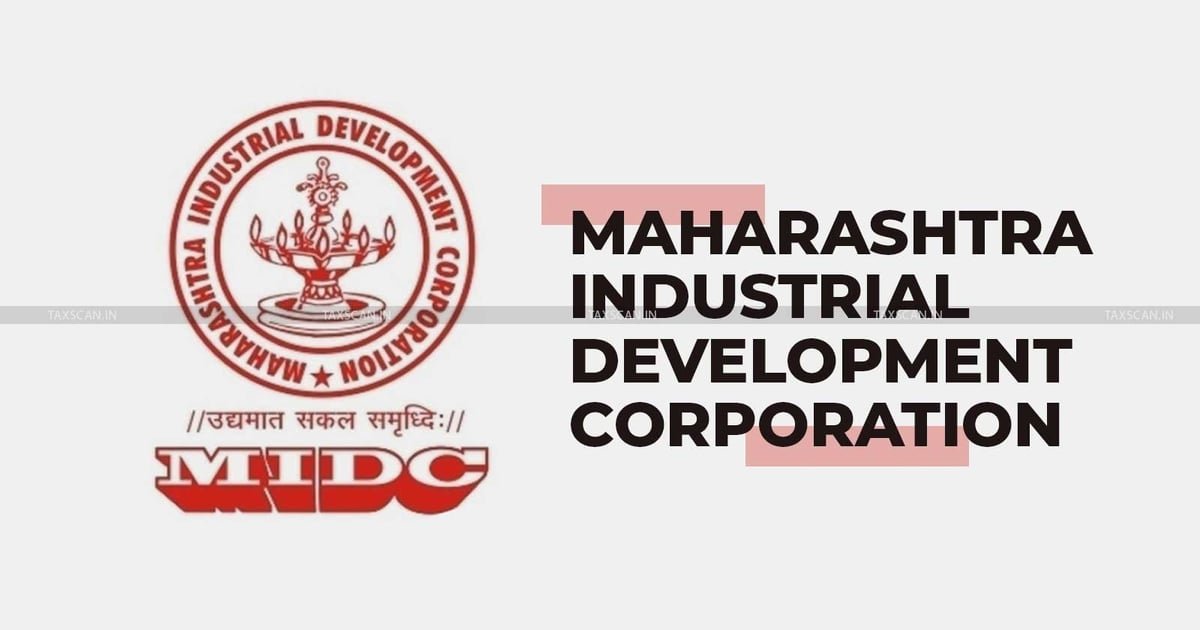Ahmedabad : The Gujarat government’s Khilkhilat scheme, introduced on September 4, 2012, under the Janani Shishu Suraksha Program (JSSK), has emerged as a transformative initiative to support maternal and child healthcare. Launched during the tenure of then Chief Minister Narendra Modi, this initiative underscores the state’s commitment to reducing maternal and child mortality by providing free transport services to pregnant women, lactating mothers, and newborns.
The scheme leverages 414 Khilkhilat vehicles stationed across the state to offer free pick-up and drop-back services between homes and public health institutions. These vehicles serve high-load health facilities, including maternal and child hospitals (MCH), district hospitals (DH), sub-district hospitals (SDH), community health centers (CHC), primary health centers (PHC), and urban PHCs.
Since its inception, the Khilkhilat scheme has delivered services to a staggering 1,19,96,718 beneficiaries. This includes 50,43,110 pregnant mothers receiving transport for antenatal check-ups (ANC), 12,03,694 lactating mothers availing postnatal check-ups (PNC),32,66,360 newborns provided with medical check-up services,23,72,689 mothers and newborns transported home after institutional deliveries.
The 2023-24 fiscal year alone witnessed the scheme serving 18,45,984 beneficiaries, which included 9,78,477 pregnant women for ANC check-ups,3,10,201 lactating mothers for PNC services,3,99,254 newborns for essential medical check-ups,1,55,948 mothers and newborns who were dropped home after institutional deliveries.
Comprehensive Healthcare Support
The Khilkhilat vehicles provide non-emergency transport services for routine ANC and PNC check-ups, ensuring mothers and newborns have seamless access to healthcare facilities. The program not only addresses logistical challenges for families but also encourages higher institutional delivery rates, thereby contributing to safer childbirth practices and reduced maternal mortality.
Commitment to Maternal and Child Health
Gujarat’s Khilkhilat initiative reflects a broader commitment to enhancing maternal and child welfare. By providing free and accessible transport services, it helps bridge the gap in healthcare accessibility, particularly for tribal and rural communities.
“Initiatives like Khilkhilat demonstrate the transformative potential of public healthcare programs when paired with innovative thinking and efficient implementation. Gujarat has set a benchmark in prioritizing maternal and child health,” said a state health official.
A Model for Other States
The Khilkhilat scheme’s success is rooted in its efficiency, extensive reach, and adaptability. It aligns with India’s broader goals of achieving better healthcare outcomes for women and children. The program not only serves as a safety net for beneficiaries but also sets a precedent for other states to emulate.



